Ron Greco and Tom Robinson were driving north on U.S. Route 201 in Somerset County to go bird hunting a few weeks ago when they came across a truck stopped in the middle of the road near Parlin Pond.
The cousins pulled over and Robinson, of Litchfield, got out and walked up to the truck. He opened the door and shook the driver but didn’t get a response. Greco called 911. They checked the man’s pulse and he started to wake up from his half-conscious state.
Between the time they called 911 around midnight on Oct. 26 and the time a U.S. border agent responded to their call, the cousins followed what they believed to be a drunk driver, observing him swerving all over the road, staying on the phone with police dispatchers and at one point pulling him over and offering to drive him home.
The cousins believed the man was drunk — they said he stunk of alcohol — and were worried about the likelihood of a deadly crash, so they were surprised when they learned from the Somerset County Sheriff’s Office a day later that he wouldn’t face criminal charges.
“I’m sick to my stomach about this because this guy is going to kill somebody,” said Greco, 42, of Cumberland. “This is putting people’s lives at risk. It’s putting our kids’ lives at risk and it’s just unacceptable to me.”
Yet the sheriff’s office and Somerset County District Attorney’s Office say the case isn’t as cut and dry as it sounds. They stood by the decision to not press charges, saying there wasn’t enough evidence in the case to move forward, and a Portland attorney specializing in OUI backed up that claim, saying it would have been hard to prosecute.
But the incident also raises questions about the challenges law enforcement face in rural areas such as northern Somerset County, where officers are spread thin — resulting in long response times or reliance on other agencies for assistance — and factors such as bad cellphone service that can make a difference in getting witness statements and stopping a crime in time.
PROBABLE CAUSE
After the first encounter with the man near Parlin Pond, Greco and Robinson kept following him. At one point they lost service and disconnected with dispatch, but called back when they got service, meanwhile getting increasingly worried about the driver.
“I started flashing my lights,” Greco said. “I was thinking I have to do something to stop this guy and amazingly he pulled over.”
The cousins offered to drive the man home again, but he refused, this time getting “testy,” according to Greco, who said he also noticed the man had several firearms in his truck. They stayed on the phone with dispatch and kept talking with the driver, hoping an officer would arrive soon, when the driver started to get angry with them and asked them to leave.
“He said, ‘Well, I’m going to go the other way,’ because he clearly didn’t want us to follow him anymore, so I backed up and let him pull out,'” Greco said.
They continued on their way but pulled over near the Jackman town line to see if the man would drive by again, saying that at that point they were wide awake and not in a hurry to get anywhere.
Within two minutes, they saw headlights cresting the horizon and sure enough, the man’s truck came into sight and he pulled over into a small parking lot. The cousins were on the phone trying to contact dispatch again, after their call was dropped, when a border patrol agent appeared. The dispatcher told the cousins that border patrol would supervise the man until the sheriff’s deputy arrived, and they left.
“At that point we were about 30 minutes into it. We were like, ‘We’re going to get out of here. If you need anything, call us,'” Greco said. “We sort of assumed they would need some sort of statement in the future.”
But after touching base with the sheriff’s office the next day, a corporal told them no statement was needed.
Somerset County Sheriff Dale Lancaster said the driver’s story — that he had consumed the beers after parking his truck and not before or while driving — presented a problem to law enforcement. He said they couldn’t prove the man hadn’t been drinking while parked.
The deputy who responded, Ian Shalit, tried to get in touch with Greco and Robinson that night, but due to poor cell service, couldn’t get in touch with them. The men also said they didn’t get the call until the next day — but by then it was too late.
According to Somerset County District Attorney Maeghan Maloney, the officer couldn’t conduct a blood alcohol test without probable cause, and without speaking to witnesses he wasn’t sure how true the man’s story was. She also said the two did not know each other.
After calling an assistant district attorney in the middle of the night to consult him on the case, Shalit had the man’s car towed and drove him home.
RESPONSE TIME
Matthew Nichols, a Portland attorney specializing in criminal defense and OUI, said there are a “number of problems” with the case that would have made it hard to prosecute, including the inability to collect witness statements.
Nichols also said he was also concerned about the possibility that border patrol had unlawfully detained the driver.
Greco described the case as a “clear hand-off” from him and his cousin to border patrol, via dispatch, and said he didn’t understand why the officer would have questions about the time frame. But Nichols said that without witness statements from the two men, the deputy couldn’t rely on what the dispatcher had told him.
“It’s not admissible in court,” he said. “The deputy can’t go into court and say, ‘Here’s what dispatch told me these two guys told her.’ It’s hearsay.”
And while Greco and Robinson could have made statements to Maloney’s office after the fact, Nichols said the case was still problematic. A blood alcohol test is not needed to prove OUI in Maine, but without one it is difficult, he said.
Furthermore, there are questions about whether border patrol had the right to detain the driver for nearly an hour before the deputy arrived, he said.
According to Maloney, the call came in at 12:06 a.m. Border Patrol arrived 10 minutes later and waited with the man for about an hour before the deputy arrived, one hour and 11 minutes after the call first came in.
Nichols said that is problematic and could qualify as an “unlawful prolonged detention.”
Maloney said questions about the detention were never brought up, but that had the case continued, it is a question that “would have to be argued before a judge and the judge would have to determine if it was an unreasonable amount of time to wait or not.” She also said that in cases where a drug-sniffing dog is being called in, an officer cannot detain a suspect while simply waiting for the dog to arrive.
Border patrol generally cannot make arrests for OUI — as a federal agency they are not charged with enforcing state laws — but Lancaster said the sheriff’s office does rely on them from time to time for help responding to situations and “they can assist another law enforcement agency.”
In July, the county added a rural patrol deputy in the unorganized territory, a move that Lancaster said has helped bring down response times and reduce reliance on other agencies. He did not have an estimate of how long the average wait is in Jackman or the unorganized territory for police response and said it depends on whether an officer needs to be dispatched from Skowhegan, about 70 miles away, or is already in the area. In this case, the deputy was coming from New Portland.
“Any time you have a rural response, the response time is going to be greater than if you’re in a municipality,” Lancaster said. “In an optimal world, we would have police in northern Somerset County, or any rural area, 24/7, but we don’t.”
BEHIND THE WHEEL
Lancaster said Greco and Robinson have a valid concern but it doesn’t change the case. He said the sheriff’s office, though they didn’t have the evidence to bring up charges, did respond by towing the man’s car and driving him home. “We know who he is, and if he continues with this type of behavior, I can assure you it might not be the same scenario next time we interact with him,” Lancaster said.
Nichols also said the cousins should feel good that they did the right thing by successfully getting someone they believed to be impaired off the road.
Greco, however, said he only feels frustration with the way the case ended.
He pointed to a recent drunk driving case in Franklin County that resulted in the death of a Wilton man and said people need to be reminded of the dangers of drunk driving.
“It just seems like a good time to put more attention on this,” he said. “I know plenty of people around and the last thing I want to do is read that someone was killed by a drunk driver who shouldn’t be behind the wheel.”
Rachel Ohm — 612-2368
Twitter: @rachel_ohm
Send questions/comments to the editors.


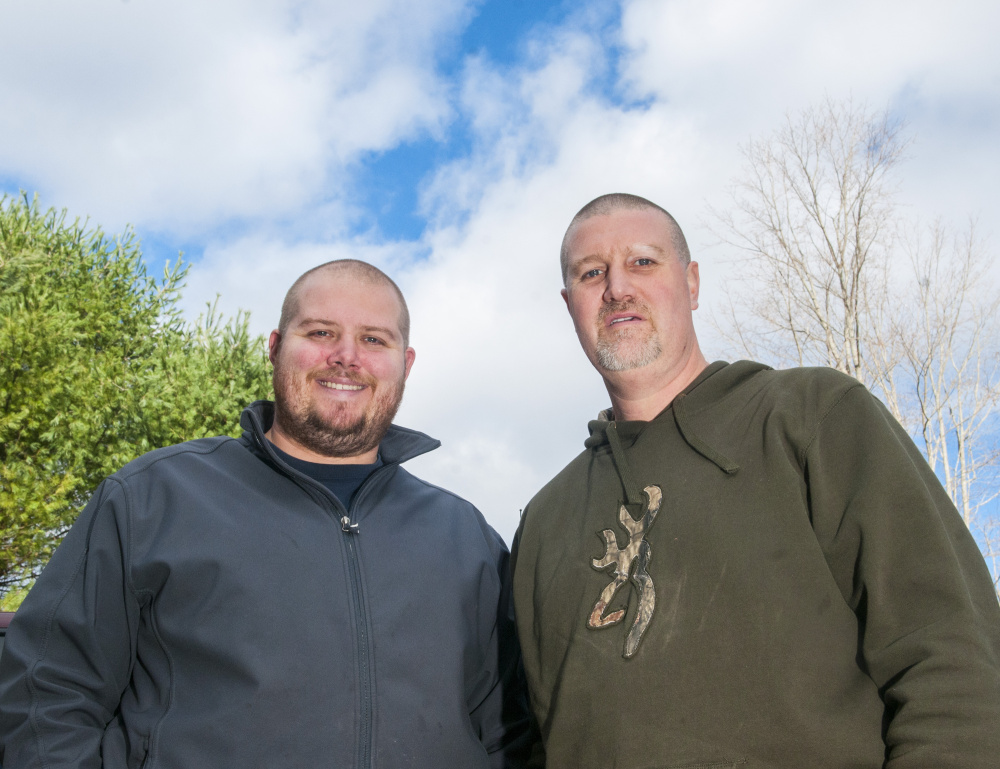
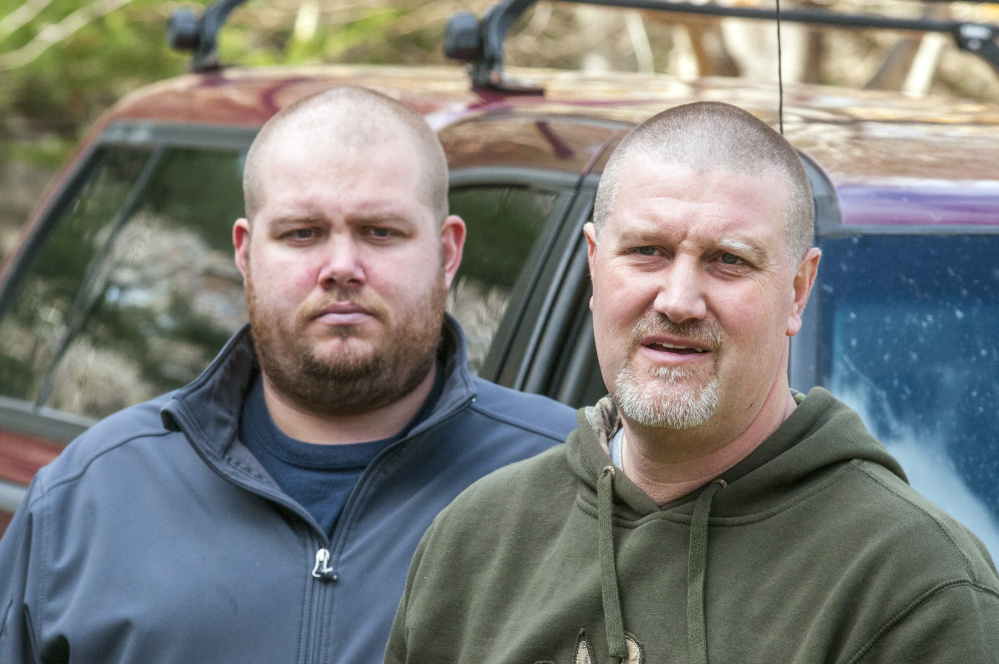
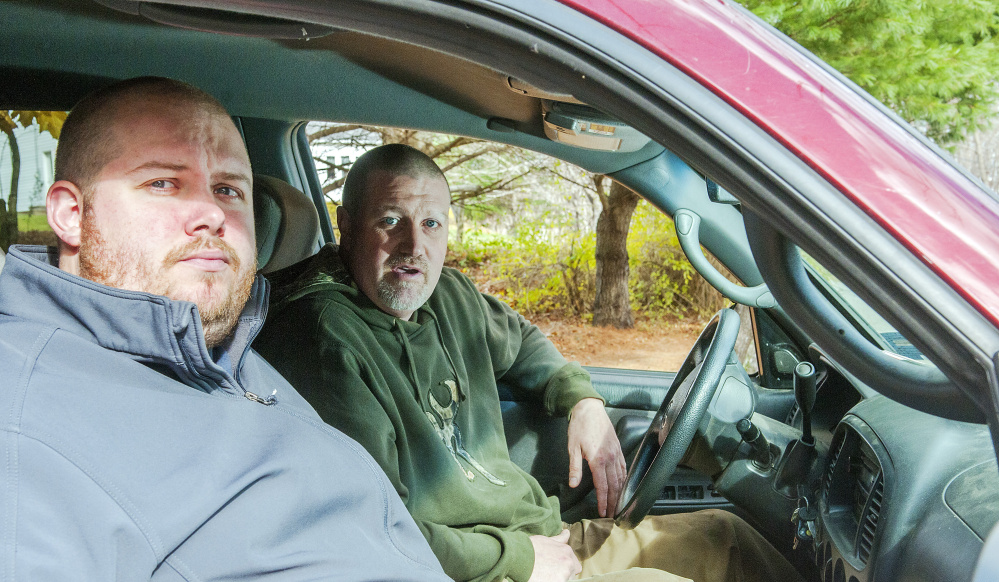
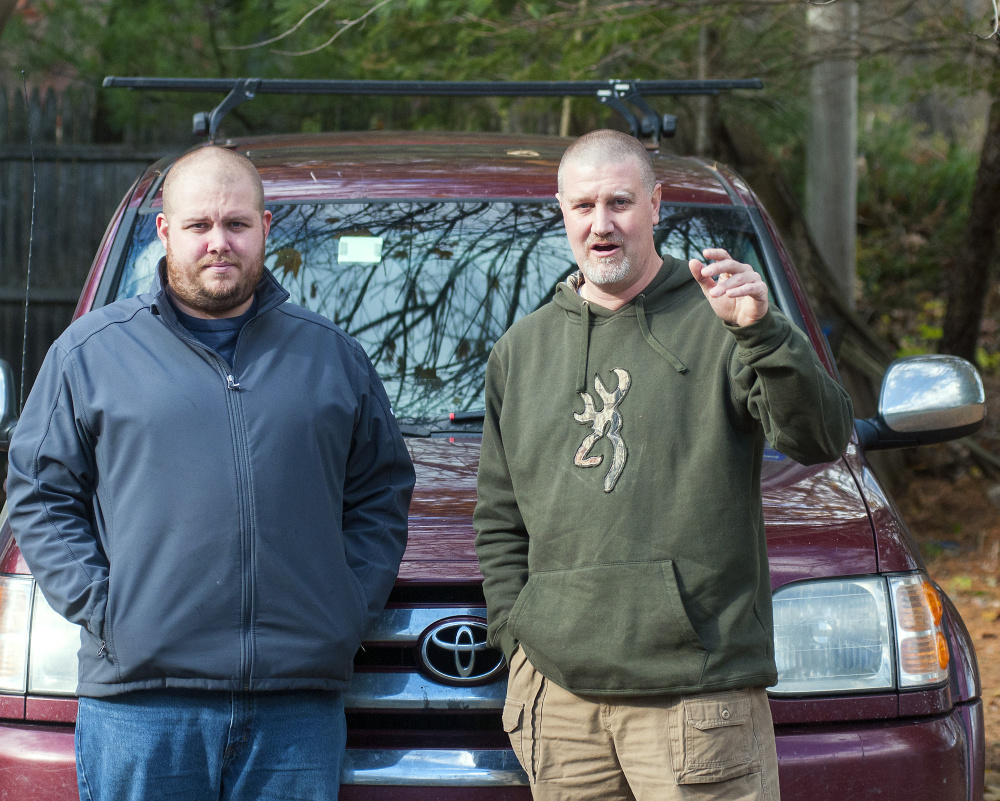
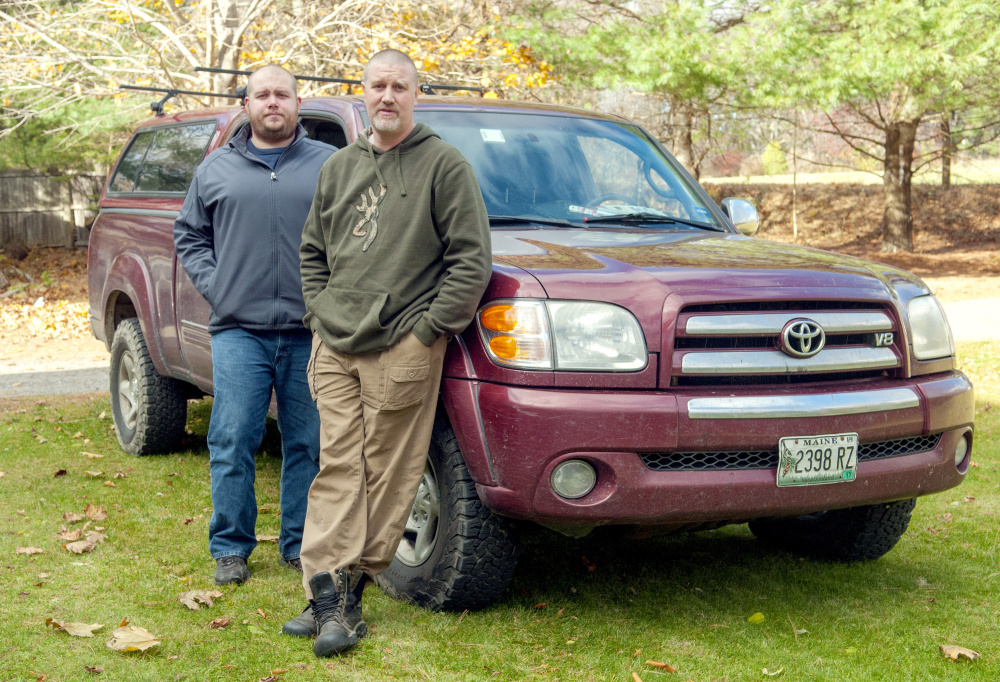
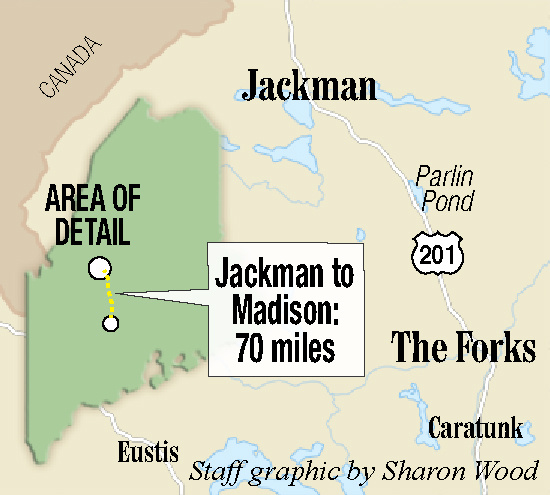

Success. Please wait for the page to reload. If the page does not reload within 5 seconds, please refresh the page.
Enter your email and password to access comments.
Hi, to comment on stories you must . This profile is in addition to your subscription and website login.
Already have a commenting profile? .
Invalid username/password.
Please check your email to confirm and complete your registration.
Only subscribers are eligible to post comments. Please subscribe or login first for digital access. Here’s why.
Use the form below to reset your password. When you've submitted your account email, we will send an email with a reset code.